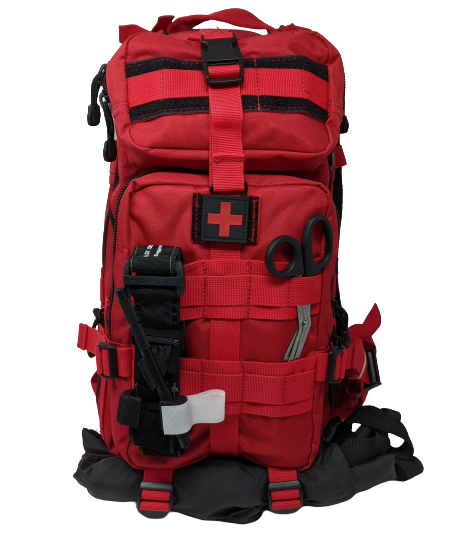Planning Overland Adventures: A Guide For Beginners
- Virgil - NBX Owner
- Feb 16, 2024
- 3 min read
Introduction
Embarking on an overland adventure is a thrilling endeavour, promising boundless exploration and unforgettable experiences. However, the success of such journeys hinges greatly on meticulous planning and effective execution. In this guide, we will delve into the essential steps to plan your next overland adventure with precision and efficiency.
Researching Destinations
Before setting out on your overland expedition, it's crucial to conduct thorough research on potential destinations. Consider factors such as terrain, climate, and local attractions to ensure a well-rounded experience. Utilize online resources, travel forums, YouTube videos and guidebooks to gather insights and recommendations from fellow travellers.

Creating a Detailed Itinerary
Crafting a detailed itinerary serves as a roadmap for your overland adventure, identifying your available dates, outlining key destinations, activities, and timelines. Break down your journey into manageable segments, allowing for flexibility to accommodate unforeseen circumstances. Prepare for the trip you planned, and then ask yourself what are likely things that could go wrong, and include those in your plan. Include essential details such as camping options, wild camping regulations, know how to find the local fire index, be aware of the seasonal weather, identify resupply locations for food and fuel and for emptying your GARB, as well as any points of interest along the route, worth exploring.

Vehicle Preparation
Your choice of vehicle is instrumental in the success of your overland adventure. Whether you opt for a rugged 4x4, camper van, or motorcycle, ensure that it is well-maintained and equipped to handle diverse terrain. Ensure to carry critical spare components, oils and critical fluids and tools. Conduct thorough inspections of the engine, tires, brakes, and suspension system, and carry out any necessary repairs or upgrades prior to departure. Having a good understanding of your vehicles mechanics is an invaluable asset.

Photo: Stephanie L.
Packing Essentials
Packing efficiently is paramount when embarking on an overland journey, as space and weight constraints are often limiting factors. Prioritize versatile items that serve multiple functions, such as clothing layers that offer both warmth and breathability. Don't forget to pack essential supplies such as food, water, first-aid kits, and navigation tools. You can find a comprehensive packing list in this BLOG.

Navigation and GPS
In remote and unfamiliar terrain, reliable navigation tools are indispensable. Equip yourself with a GPS device or smartphone app such as GAIA GPS that offers detailed maps, offline capabilities, and real-time updates. It's a good practice to download the maps along your route. Familiarize yourself with alternative navigation methods such as compasses and paper maps as backup options in case of technology failure. A very good option in Canada is the Backroad Mapbooks.

Safety and Emergency Preparedness
Safety should always be a top priority when embarking on overland adventures. Familiarize yourself with emergency procedures, including basic first aid and a trauma kit if you are trained to use one, as well as vehicle maintenance. Carry essential safety equipment such as fire extinguishers, (NBX Head Rest Mount) tire repair kits, and emergency communication devices to mitigate potential risks.


Environmental Conservation
Responsible overlanding entails minimizing your environmental footprint and respecting natural habitats. Adhere to Leave No Trace / Tread Lightly principles by disposing of waste properly, minimizing noise pollution, and staying on designated trails. Respect wildlife and local communities, and support sustainable tourism initiatives wherever possible. Collect all your garbage and ideally that of others to leave it better than you found it.

Photo: River Treks
Cultural Immersion
Immersing yourself in local cultures enriches the overland experience, fostering meaningful connections and insights. Engage with indigenous communities, participate in cultural events, and support local artisans and businesses. Approach interactions with an open mind and respectful curiosity, embracing the diversity of the places you visit.

Documenting Memories
Capture the essence of your overland adventure through creative means of documentation. Keep a travel journal to record memorable experiences, encounters, and reflections along the way. Embrace photography, videography, or sketching as artistic expressions of your journey, preserving moments to cherish for years to come.

Conclusion
Planning a successful overland adventure requires meticulous attention to detail, thorough preparation, and a spirit of adventure. By following the guidelines outlined in this comprehensive guide, you can embark on your next journey with confidence and enthusiasm, creating memories to last a lifetime.
For more inspiration, please visit our YOUTUBE channel HERE


Comments